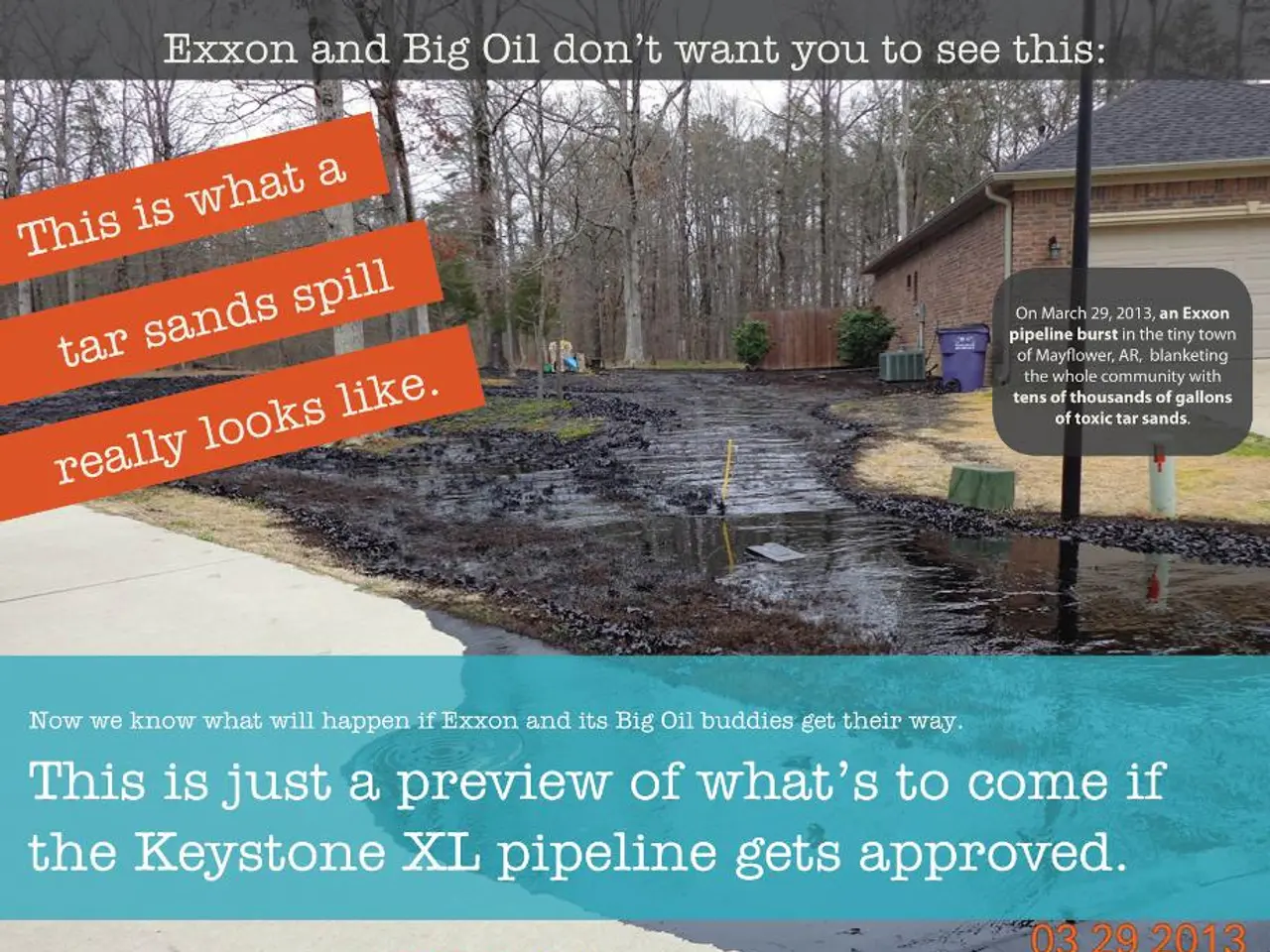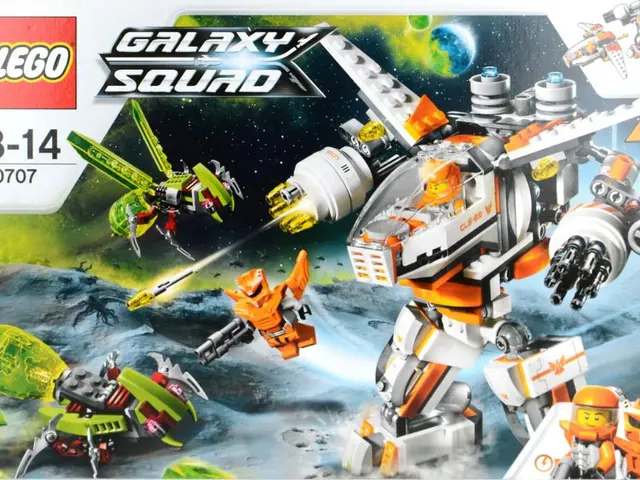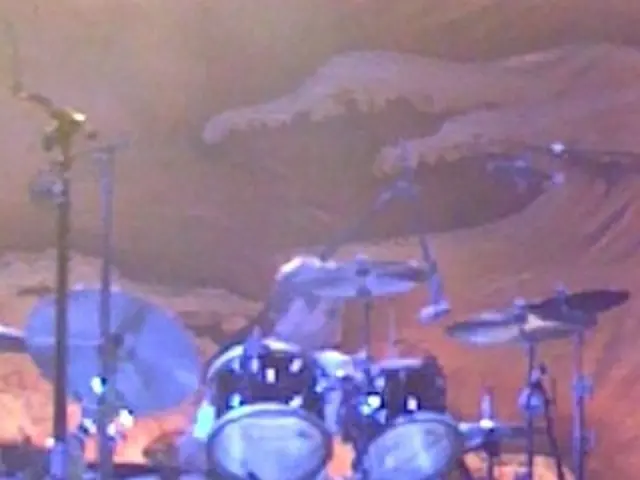Eco-friendly Excursion: Trekking Through Garbage for Earth's Preservation
In the heart of New York City, Anna Sacks, known as The Trash Walker on social media, embarks on a mission to expose the contents of residential and corporate dumpsters. Her goal is to increase awareness about what we are consuming, wasting, and disposing of.
By diving into dumpsters, Anna shines a light on the large amounts of usable or edible items discarded unnecessarily, challenging consumer and corporate waste practices. This visibility highlights the extent of avoidable waste and stimulates public and community engagement in resource recovery and waste reduction efforts.
Dumpster diving uncovers perfectly good food and goods discarded due to strict expiration dates or wasteful corporate policies. This practice helps to reduce landfill contribution and greenhouse gas emissions from decomposing waste, educating consumers about the scale of waste embedded in the supply chain and the potential to re-use resources before they become environmental burdens.
The impact on human health can be multifaceted. On one hand, salvaging edible food reduces food insecurity by providing access to nutritious items that would otherwise be wasted. However, participants must be cautious to avoid harmful contaminants or unsafe items. Wearing gloves and careful sorting are recommended to minimize health risks during dumpster diving.
Regarding environmental health, exposing waste content illustrates how much organic and reusable material is improperly discarded, contributing to landfills and methane emissions, a potent greenhouse gas. Mitigating such waste through recovery and reuse directly benefits environmental health by preserving resources, reducing pollution, and cutting emissions linked to waste decomposition and overproduction.
In terms of equity, dumpster diving and waste exposure shine a light on systemic inequalities related to food distribution and consumption. It reveals how surplus food and goods are discarded by corporations while some populations face scarcity or food insecurity. This practice can empower marginalized communities by providing access to these resources and promoting community-led solutions to waste and poverty.
Anna's trash walks are driven by passion and curiosity, and they help increase consciousness around waste issues. She aligns her calendar with the residential recycling schedule to make it easier to see what's in the dumpsters. Her work serves as a reminder that wastefulness is not just environmentally damaging, it's also a social justice issue, as waste is predominantly located in low-income countries and incinerators can have detrimental effects on public health.
However, current recycling systems often have negative environmental consequences, with low-value plastics being shipped overseas and contributing to environmental harm. For effective waste management, recycling should be done properly and processed in the country that produces and uses the products. One factor that could be included in a more sustainable metric for success is ethical and effective waste disposal or a reduction in the number of items like plastic that a company produces or consumes.
A reduction in overall waste through composting or recycling responsibly could have a positive effect on public health. Items bought on Black Friday, one of the most wasteful holidays of the year, often end up returned and sent to landfills or incinerators. Corporations in extractive industries often evaluate success solely by profitability, but this is not a sustainable or holistic metric for success. A more balanced approach would consider ethical and effective waste disposal.
The disposable mentality is a systemic issue, requiring a rethinking of values to prioritize repair, reuse, DIY, and local food production and composting. There is a finite amount of natural resources on Earth, and current extraction rates exceed the Earth's capacity for regeneration.
In summary, Anna's trash walks foster more thoughtful consumption, waste reduction practices, and social awareness around sustainability and fairness. They serve as a call to action for individuals, corporations, and communities to reconsider their waste habits and work towards a more sustainable future.








